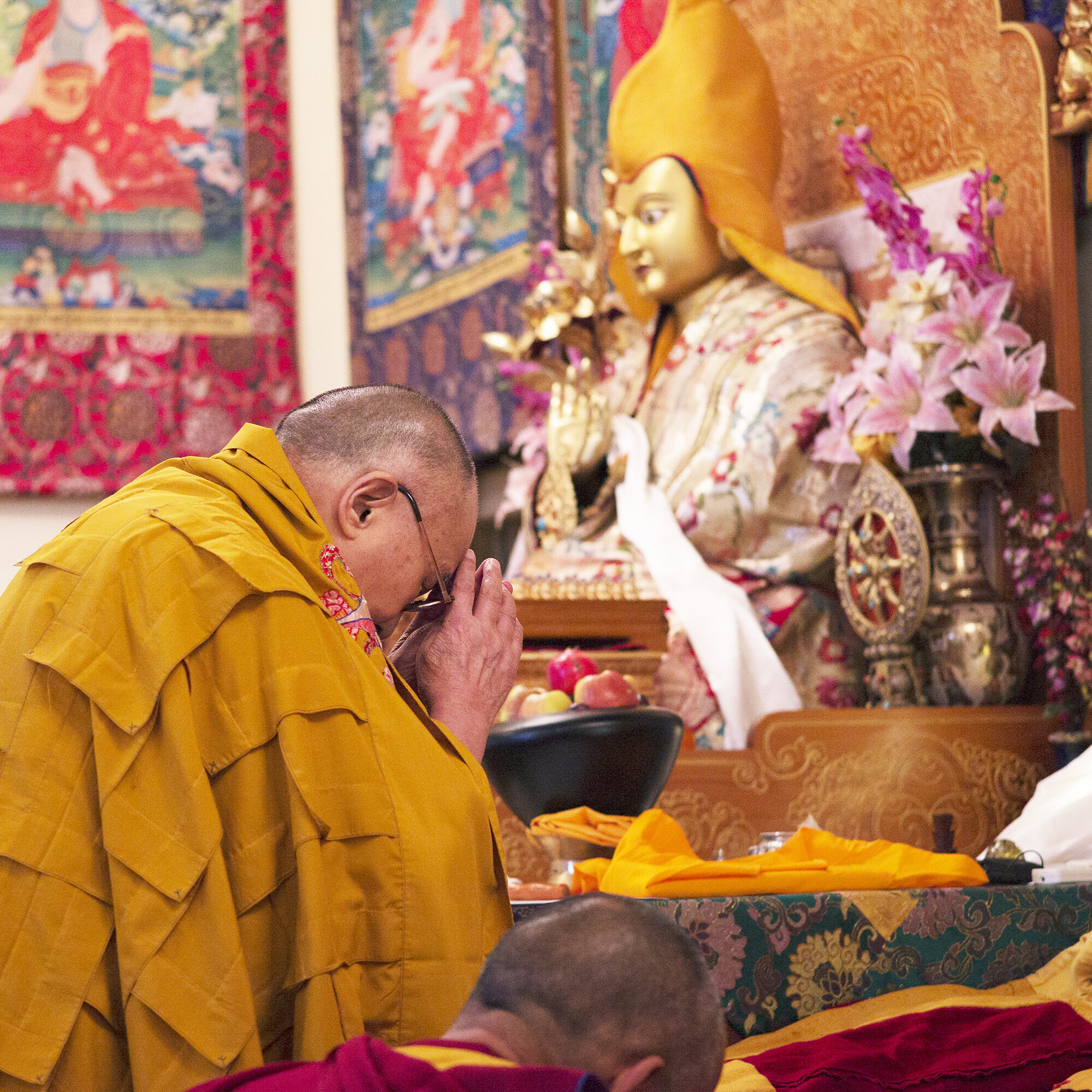Dalai lama
The Dalai Lama says that all human beings want happiness and do not want suffering, and in this way, we are all the same.
“Happiness is not something ready-made. It comes from your own actions.”
The Tibetan diaspora is a community of almost 150,000 people, exiled and living predominately in India and Nepal. Their narrative is intertwined and inseparable from Buddhism and their visionary leader, His Holiness the Dalai Lama (HHDL). After the Dalai Lama arrived in India in 1959 from his escape from Tibet, 80,000 Tibetans followed. Today, most exiles have no experience or memory of Tibet. They reimagine and interpret Tibetan culture with the inspiration and through the eyes of the Dalai Lama. With this understanding, the Dalai Lama works tirelessly to keep Tibetan culture alive in the worldwide communities of the Tibetan diaspora.
The Dalai Lama has guided the Tibetan diaspora into what it means to be a 21st century Buddhist.
He has reestablished key monastic and cultural institutions and brought modern education to generations of Tibetans. Through his efforts, the Tibetan political system has a democratic constitutional framework. His leadership has not only kept alive Tibetan culture but has established it as an important spiritual heritage of the world. By engaging and integrating traditional Tibetan Buddhism with modernity, he has made Tibetan culture relevant to the global world. His people in exile embody his vision.
The Dalai Lama believes that different religions should not compete for followers and converts. He tells international audiences to use the Buddhist science and mind teachings to have a better life. As such, he advocates the cultivation of human values such as warm-heartedness, kindness, compassion, forgiveness, tolerance, contentment and self-discipline.
HHDL with newly ordained novices
HHDL blessing the robes and begging bowls of newly ordained monks and nuns during an Ordination
A highlight of my journey, photographing HHDL meditating in his private residence
The Dalai Lama listens intently. He seems to instinctively know what people need. He takes their hands or put his arm around their shoulders or patted their checks. With young people he tells them to study hard as they are the future. He is always generous and compassionate - even after greeting hundreds of people.
HHDL with newly ordained monks and nuns from all over the world










